12 End-of-Summer Gardening Chores You Shouldn’t Skip
As the summer season winds down, it’s the perfect time to get your garden ready for fall. Taking care of essential tasks now can help your plants thrive and ensure a smooth transition into the cooler months. From removing weeds to preparing soil for the next season, these simple chores will set you up for success. Staying on top of these tasks will not only keep your garden looking its best but also support the health of your plants throughout the year.
This post may contain affiliate links, which helps keep this content free. Please read our disclosure for more info.
Remove Weeds
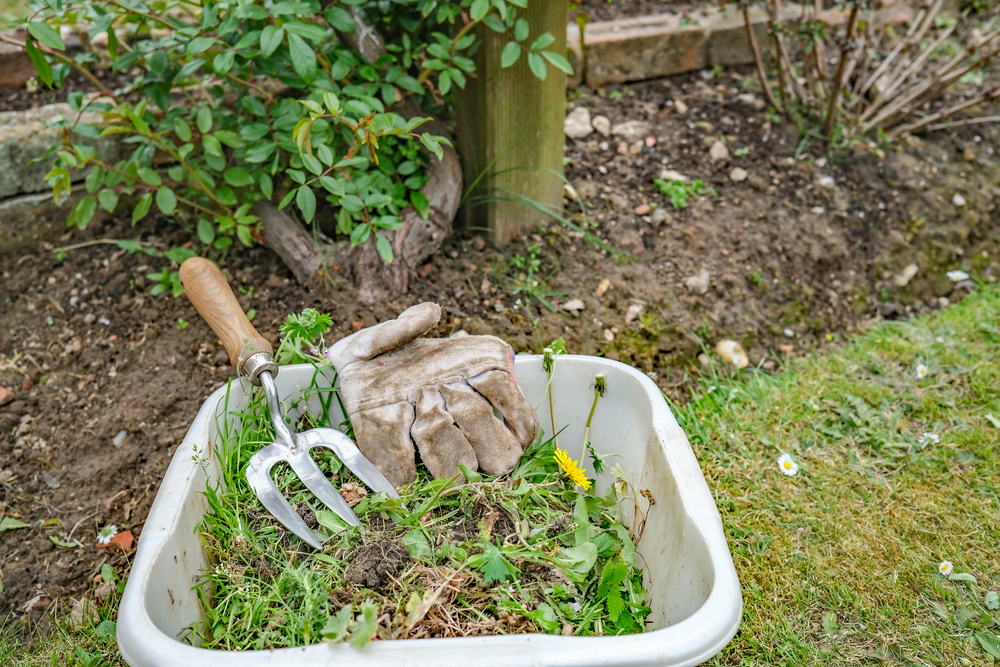
Weeds tend to flourish in late summer, taking advantage of the warm soil and available nutrients. By removing them regularly, you prevent them from overtaking your garden and outcompeting your plants for essential resources like water and nutrients. Weeds, especially perennial varieties, can grow deep roots that are difficult to remove once established, so addressing them early is key.
Besides competing for resources, weeds can also harbor pests and diseases that could negatively affect your plants. Removing them now ensures that your garden is healthier and more organized for the fall. Use a weeding tool to pull weeds by the root to reduce the chances of them growing back.
Deadhead Spent Flowers for a Final Bloom and Better Health
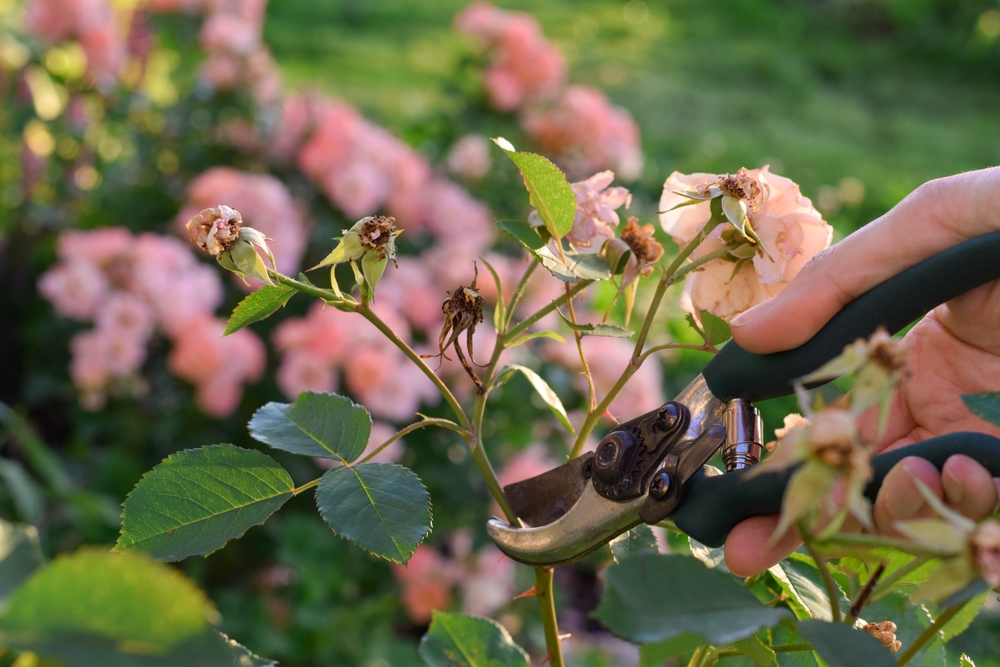
Deadheading spent flowers is a simple task that offers multiple benefits for your plants. By removing wilted or spent flowers, you direct the plant’s energy towards new growth rather than seed production. This will encourage a final round of blooms before the cooler weather sets in, extending the flowering season and improving the appearance of your garden.
Deadheading is also an essential step for maintaining plant health. Leftover dead flowers can attract pests and disease, making it more difficult for your plants to thrive. By snipping away the faded blooms, you ensure that your garden remains vibrant and pest-free.
Harvest All Mature Crops
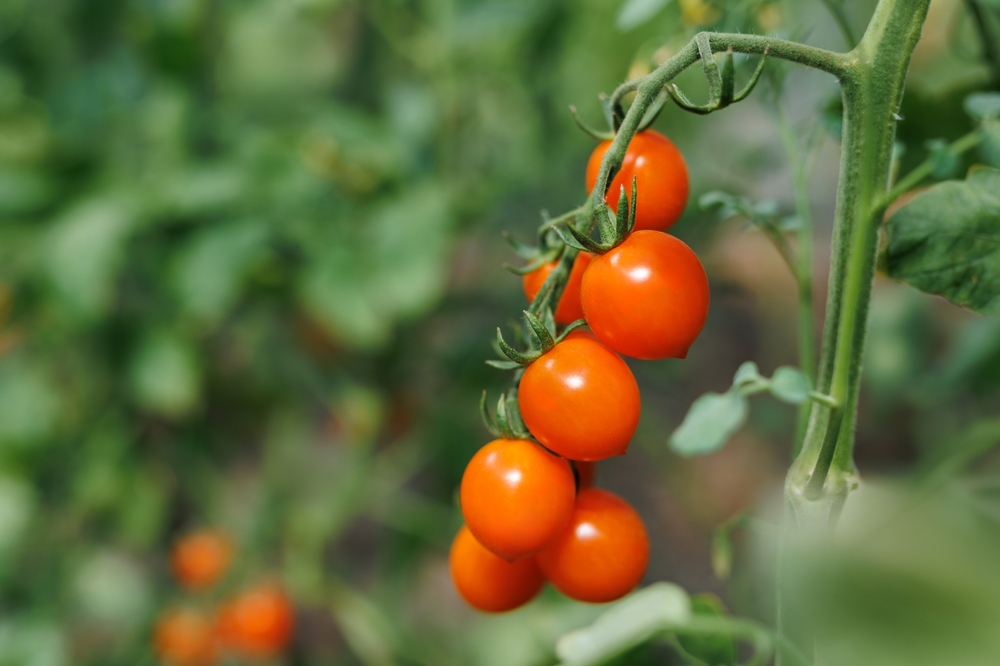
As the summer season winds down, harvesting mature crops is essential to prevent them from over-ripening or becoming damaged by pests. Vegetables like tomatoes, cucumbers, and peppers should be picked once they’ve reached full maturity to maintain their best flavor and texture. Left too long, these crops can attract pests or even rot on the vine, wasting your hard work.
Additionally, timely harvesting encourages your plants to produce more fruits or vegetables. Many plants, such as beans and squash, will continue to yield as long as you remove the mature crops. This also keeps your garden neat and free of overripe produce, which can foster fungal growth or pest infestations.
Prune and Trim to Remove Diseased or Damaged Growth
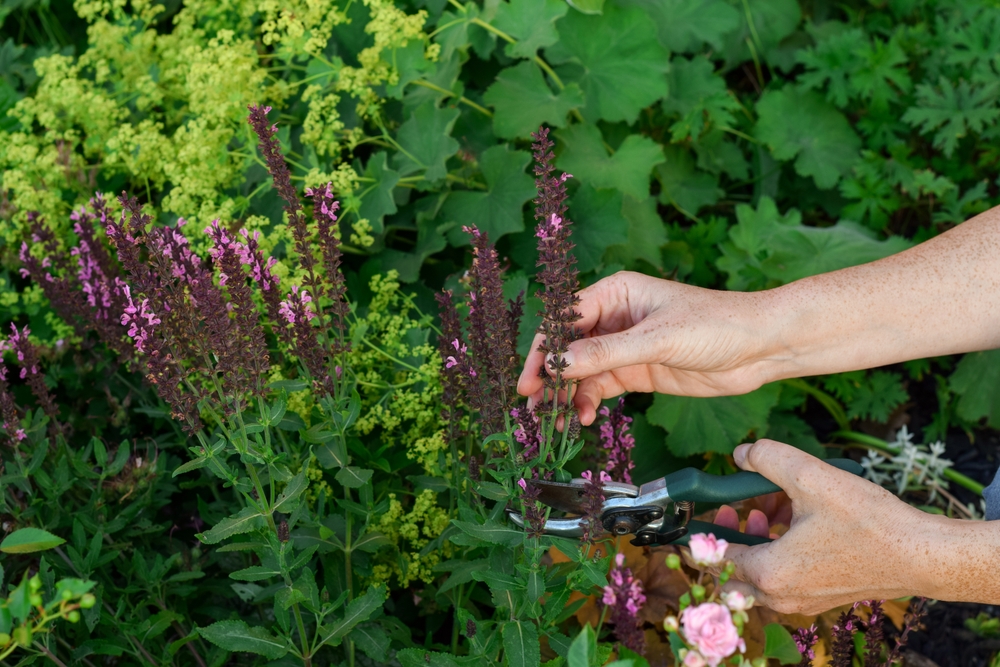
Pruning and trimming in late summer help your plants maintain a healthy shape and prevent disease. Remove any diseased, dead, or damaged branches from trees, shrubs, and perennials to encourage new growth and improve air circulation around the plant. This reduces the risk of fungal or bacterial infections that can thrive in humid conditions.
Additionally, by trimming back overgrown branches, you allow your plants to focus their energy on healthier parts of the plant. Pruning at the end of summer can also prepare certain plants for the fall season, as it can help them conserve energy and better withstand the coming cooler temperatures.
Plant Fall-Season Crops
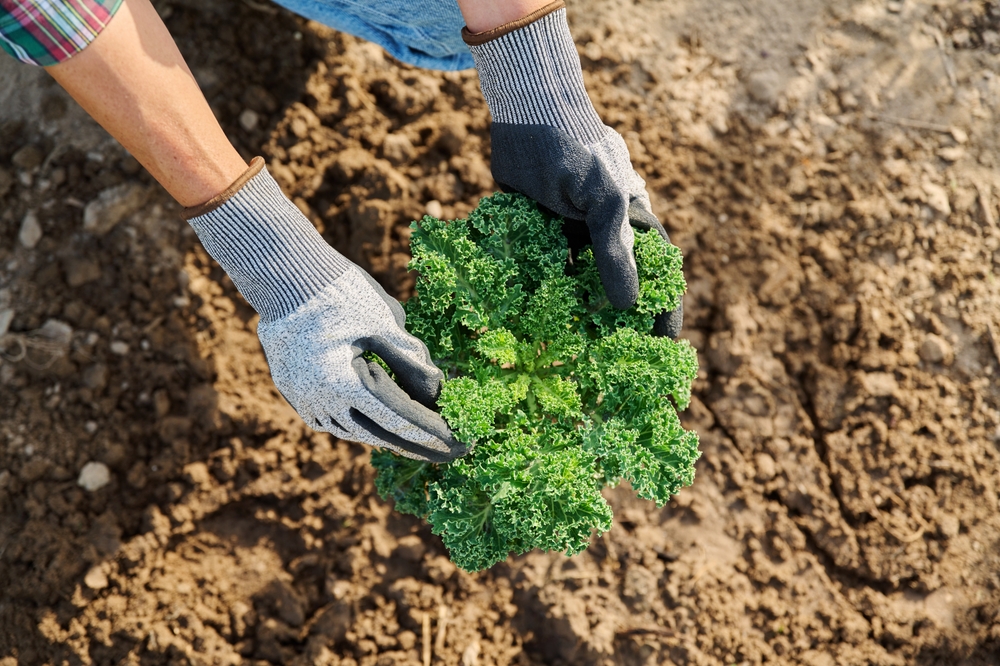
Planting fall crops at the end of summer can provide a fresh harvest right before winter. Vegetables like kale, spinach, and radishes thrive in cooler temperatures and can be sown in late summer for an autumn harvest. These crops grow well as the weather starts to cool, and they don’t mind the shorter daylight hours.
Adding fall crops to your garden ensures you have fresh produce even as the growing season ends. Make sure to plant them with enough time for them to mature before the first frost. Additionally, these crops will help you make the most out of your garden space, allowing you to enjoy homegrown food for a longer period.
Apply Mulch and Compost to Enrich the Soil
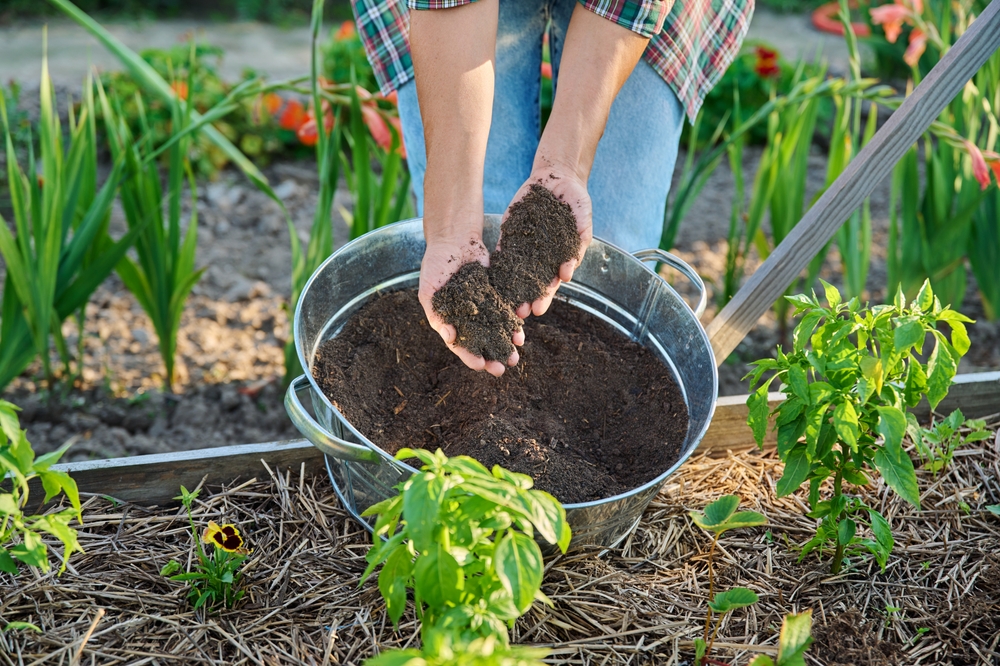
Adding mulch and compost in late summer helps enrich your garden’s soil, preparing it for the cooler months ahead. Compost provides essential nutrients to the soil, improving plant health and fostering stronger root systems. It also encourages the growth of beneficial microbes that break down organic matter into more accessible nutrients for your plants.
Mulch serves multiple purposes, from conserving moisture to keeping weeds at bay. During the summer, the soil can dry out quickly, especially in hot climates, so adding mulch around your plants helps retain moisture. A good layer of compost and mulch also protects plant roots from temperature fluctuations, keeping the garden healthy as the seasons change.
Water Deeply and Regularly, Especially for Trees and Shrubs
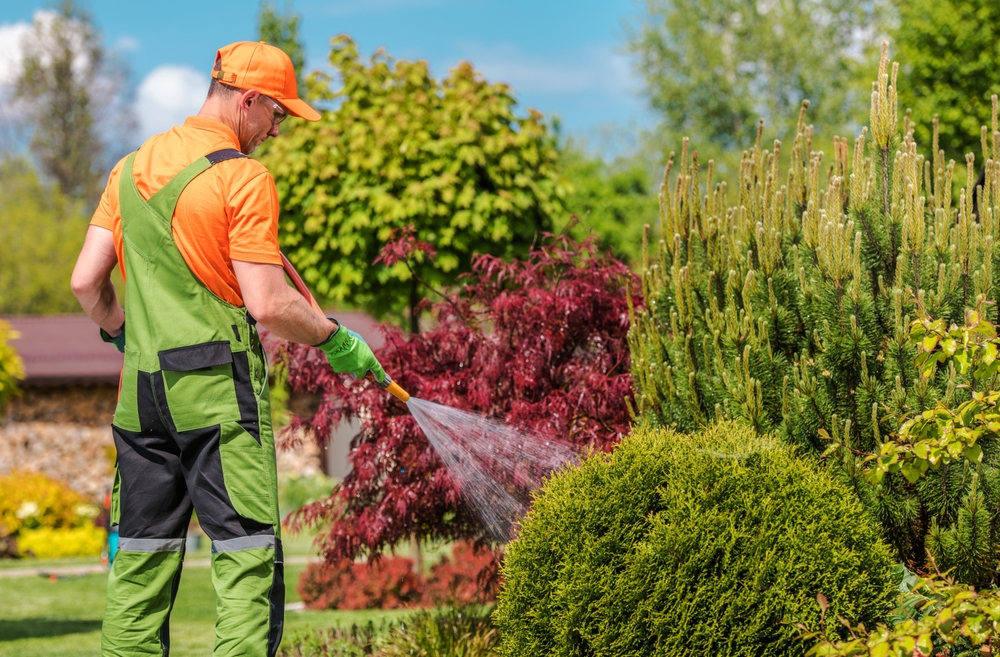
Watering deeply and regularly is crucial, particularly for trees and shrubs that have been growing all summer. As the temperatures rise, plants often struggle to absorb enough moisture from shallow watering, leaving their roots dry. Deep watering encourages roots to grow deeper into the soil, improving plant strength and resilience.
At the end of summer, plants still need consistent moisture to prepare for the fall. Deep watering helps maintain healthy root systems and prevents stress, especially as trees and shrubs continue to grow. Be sure to water early in the morning or late in the evening to minimize evaporation and ensure your plants receive the full benefit.
Check for Pest Damage and Take Preventive Measures
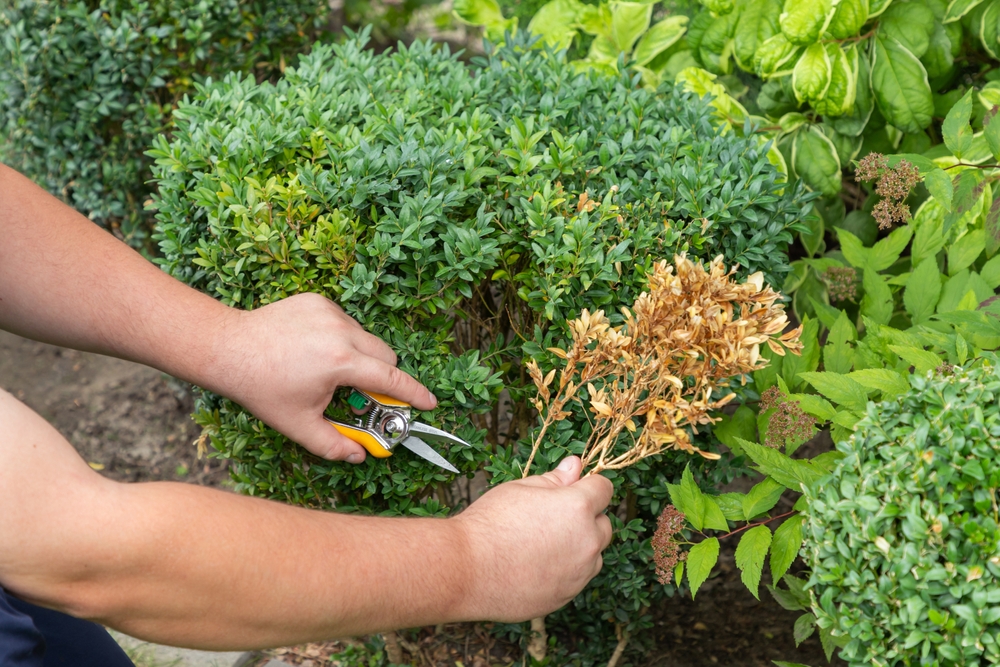
At the end of summer, pests like aphids, caterpillars, and beetles are more active and can quickly damage plants. Checking your garden regularly for signs of pest damage is essential for preventing infestations. Look for discolored leaves, chewed-up foliage, or visible insects to catch the problem early.
If pests are present, consider using natural remedies like insecticidal soap or neem oil. These are safe for most plants and can help deter pests without harming the environment. It is also helpful to remove any affected leaves or stems to prevent the spread of the problem to healthier plants.
Clean and Maintain Garden Tools
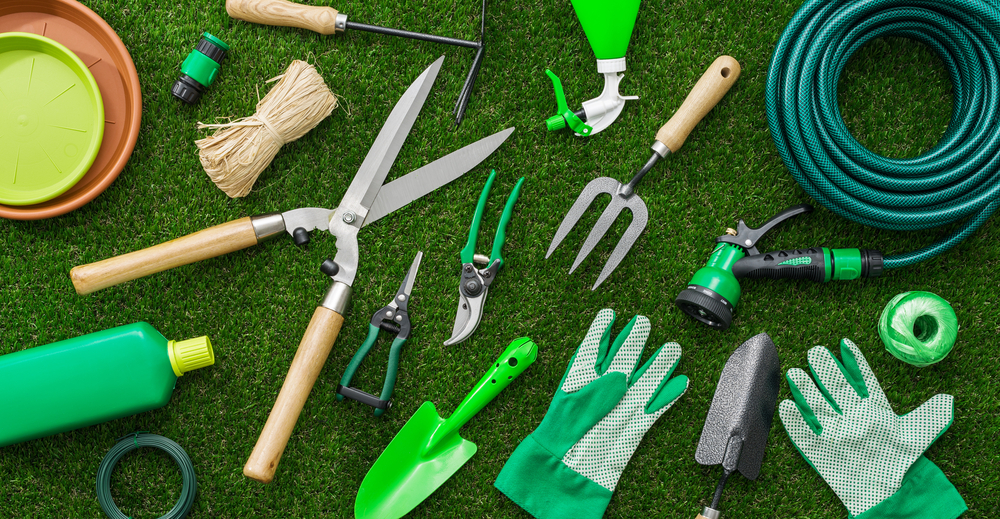
As the gardening season winds down, it is important to clean and maintain your garden tools to ensure they are ready for next year. Clean tools are less likely to harbor diseases that could be passed to your plants, and maintaining them ensures they work properly when you need them most. Scrape off soil, rust, and sap, and sharpen blades to make cutting tasks easier.
Oiling metal parts will prevent rust from forming over the winter months, and storing tools in a dry, safe place will prolong their lifespan. Taking care of your tools now means they’ll be ready for the next growing season and can help you work more efficiently when you’re back in the garden
Divide and Transplant Perennials
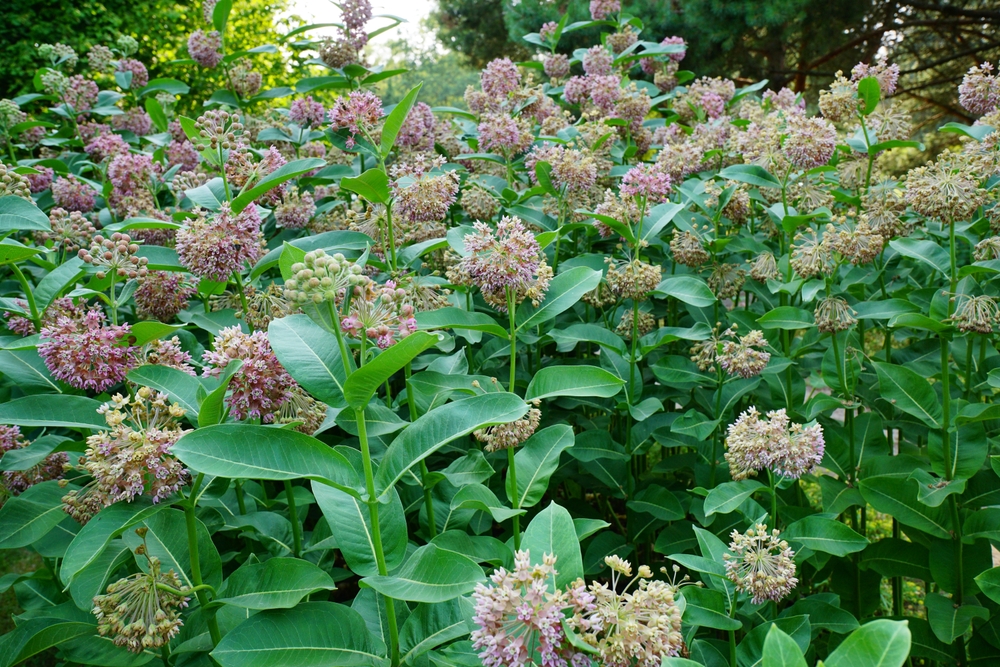
Late summer is the perfect time to divide and transplant perennials that have outgrown their space. By dividing them, you give them more room to grow and thrive. Perennials like hostas, daylilies, and irises benefit from being divided every few years to prevent overcrowding and to maintain healthy root systems.
Transplanting in late summer allows plants to establish strong roots before the first frost. It also gives them a fresh start in a new location, helping them bloom even more beautifully in the next season. Be sure to water thoroughly after transplanting and provide adequate shade if necessary until the plants settle in.
Cut Back Overgrown Grass and Ground Covers
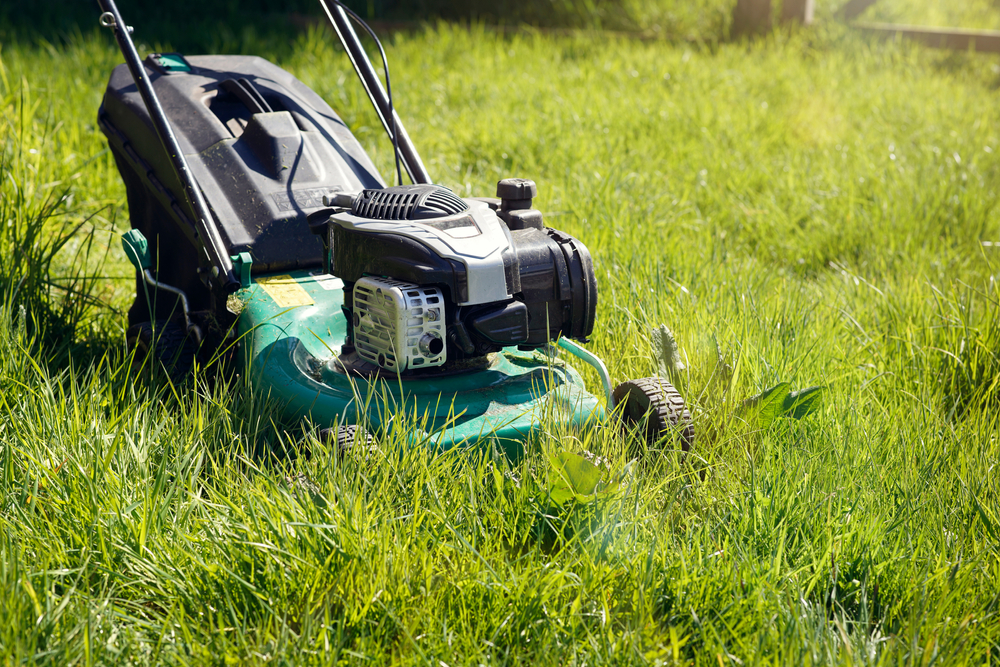
As grass and ground covers can become unruly by the end of summer, cutting them back is an essential task. Overgrown grass and ground covers can harbor pests and diseases, making it harder for your other plants to thrive. Cutting them back helps keep your garden tidy and prevents unwanted spread into other garden spaces.
Pruning grasses and ground covers now ensures they don’t take over flower beds or vegetable gardens. It also helps in preparation for cooler months when these plants will go dormant. Trim them back to the base for a clean look and a healthier garden.
Check for Overripe Fruit and Remove Fallen Fruit
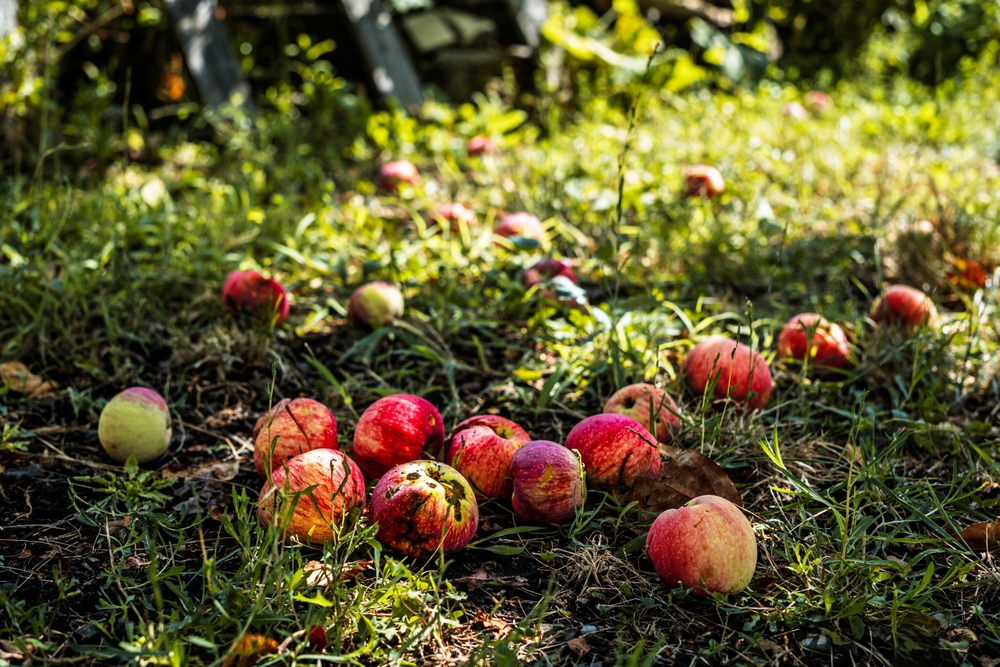
By the end of summer, fruit trees and shrubs may have yielded a large crop, with some fruits possibly becoming overripe. Overripe fruit can attract pests and diseases, so it is important to check your trees and bushes regularly. Remove any damaged, overripe, or fallen fruit to prevent attracting harmful insects or fungi.
Clearing fallen fruit also keeps the garden looking tidy. It allows space for new growth and reduces the risk of diseases like rot or blight that thrive in decomposing fruit. Regularly checking and cleaning up fallen fruit helps ensure your garden stays healthy and productive for the rest of the season.
This article originally appeared on Avocadu.
